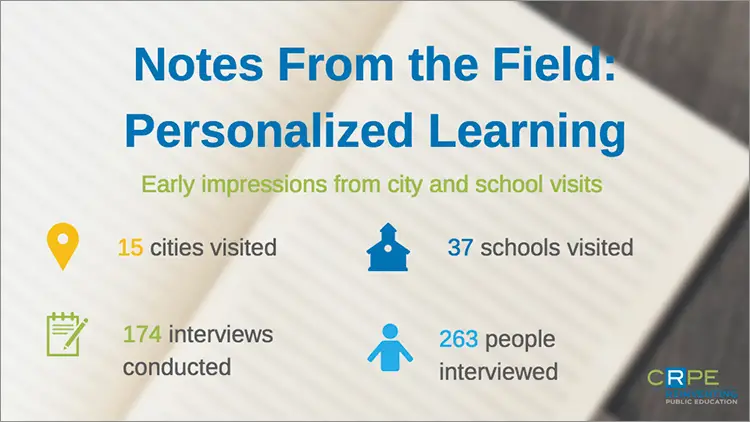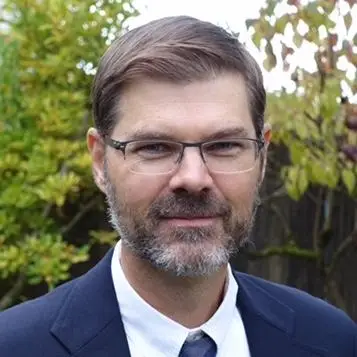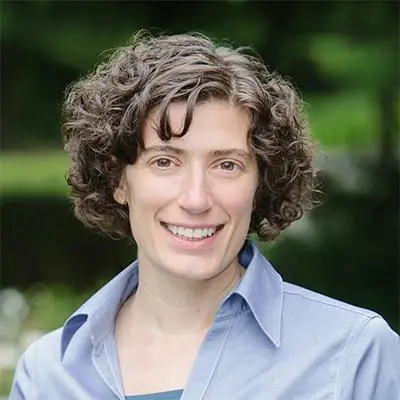This is the third in our series of “Notes From the Field” on personalized learning.
Over the course of this project we’ve heard a lot from schools about what personalized learning (PL) means for teachers and classrooms, but less about what it means for principals—and that is worrisome. Most principals we’ve met in PL schools are working in uncharted territory, heading up schools that are transforming themselves in fundamental ways. They are clearly wrestling with a critical tension between making sure their school’s academic program is coherent (a key ingredient in any school improvement strategy) and a desire to encourage experimentation and innovation. How to manage this tension isn’t obvious. Allowing teachers to strike out on their own to experiment can jeopardize the school’s coherence. Manage experimentation too much and you stifle innovation. It’s a tough balance.

At the same time, principals are also facing some very practical issues as they embrace PL. They often need to revise teacher evaluation practices. They need to consider new school schedules and how to locate and reallocate resources to align with a new way of teaching. They need to rethink their staff: how it is organized, the skills needed for teachers to succeed, and how to recruit, identify, and hire teachers best suited to teach in new emerging models. They need to figure out how to manage communication with parents who will understandably be worried about big changes in their child’s school.
School districts expect principals to manage all of this change deftly. Right now, too many are expecting them to do this work without enough support or guidance. The PL landscape has been growing new software, training for teachers, and consultants giving advice on tools and teaching models. It’s time to add supports for principals. Next Generation Learning Challenges or its Regional Fund partners working with people on the ground are probably best positioned to help figure things out. But other funders, district leaders, and researchers should be thinking about this as well.
In our field visits next spring, we will focus on the leadership challenge and gather data from principals to get clearer on exactly what they need and want for support. We’ll have more to say after we’ve dug into the data.
In 2015, CRPE kicked off a multi-year, multi-method study of systemic efforts to support schools implementing personalized learning. We’ll produce a formal report at the end of the nearly two-and-a-half-year project. But in an attempt to give educators more immediate feedback, we’re trying something new in this “Notes From the Field” series. We’ll share noteworthy anecdotes and early impressions from our school visits; these posts should be taken as initial observations from informed and thoughtful partners. We hope these more informal dispatches help launch productive conversations and reflection. Please reach out with your own observations and feedback on Twitter. Find us here: @CRPE_UW, hashtag #PersonalizedLearning




